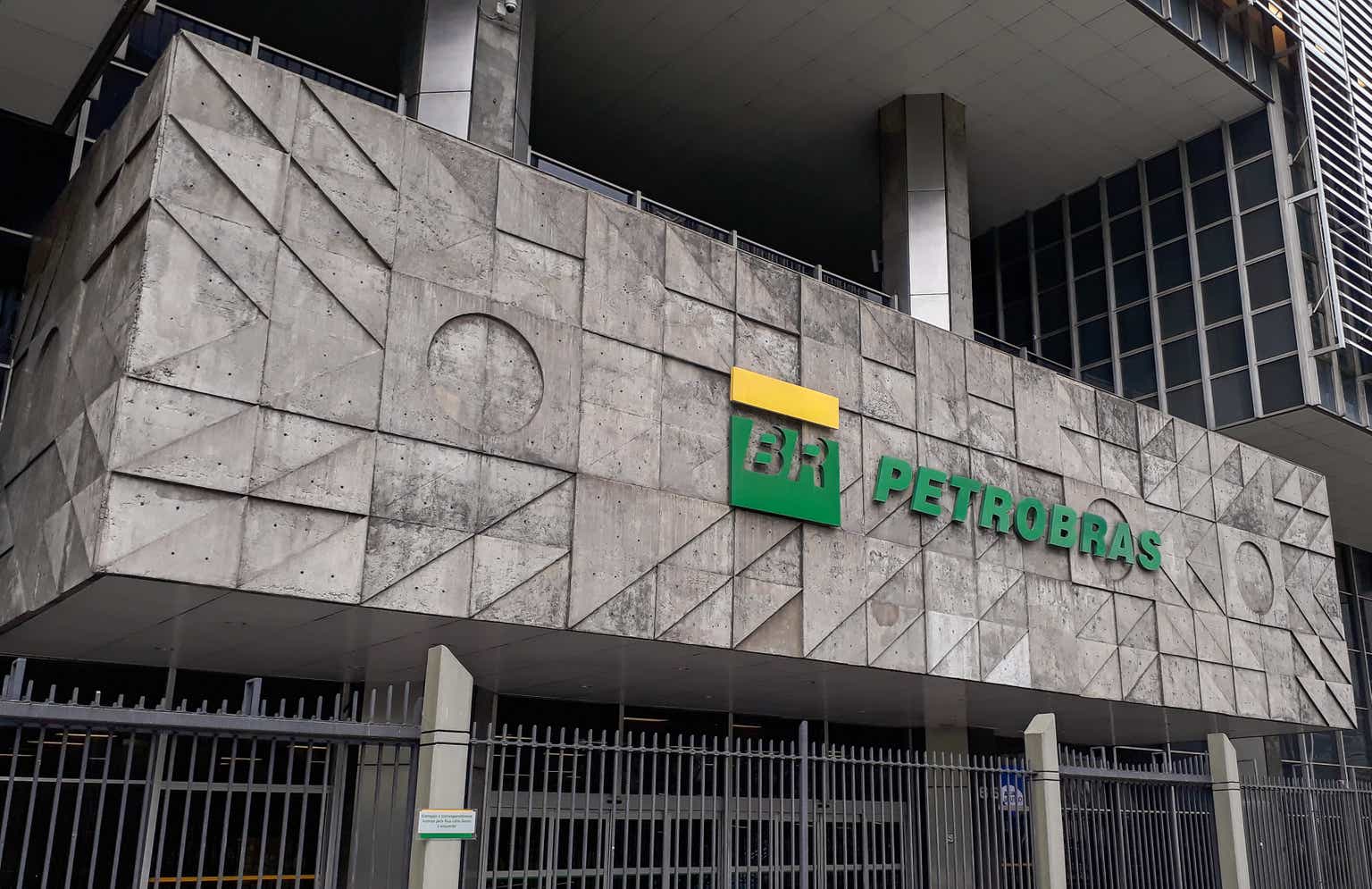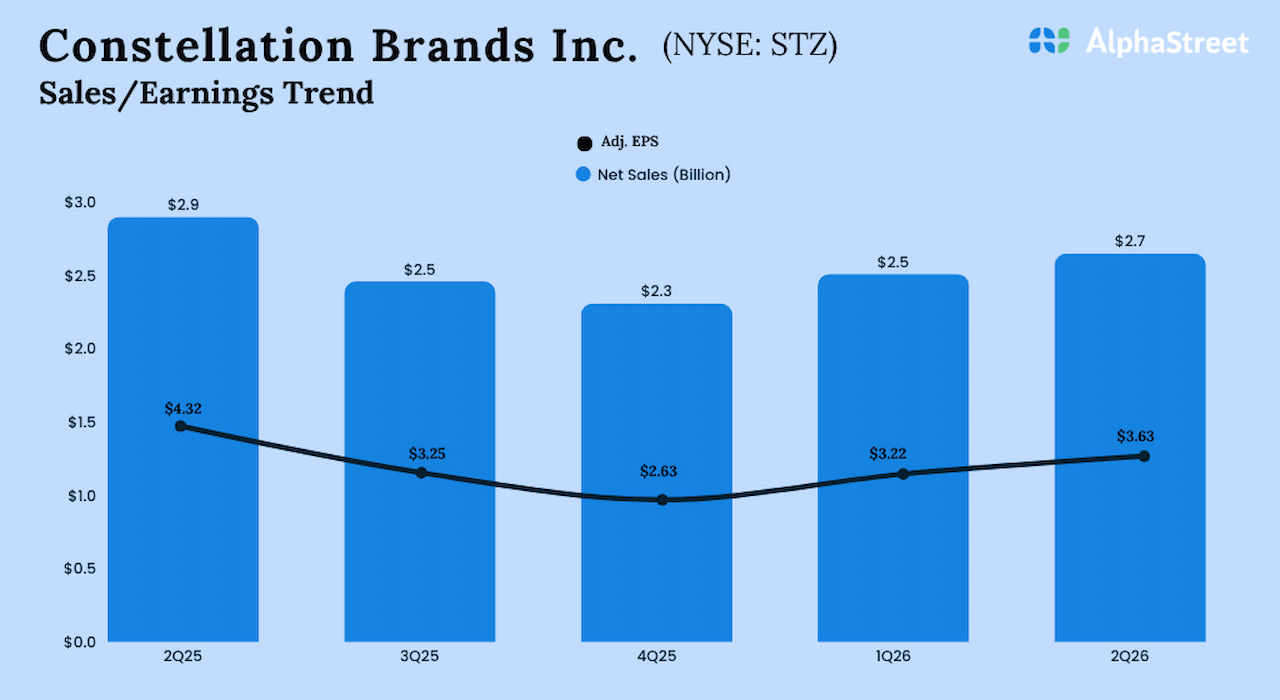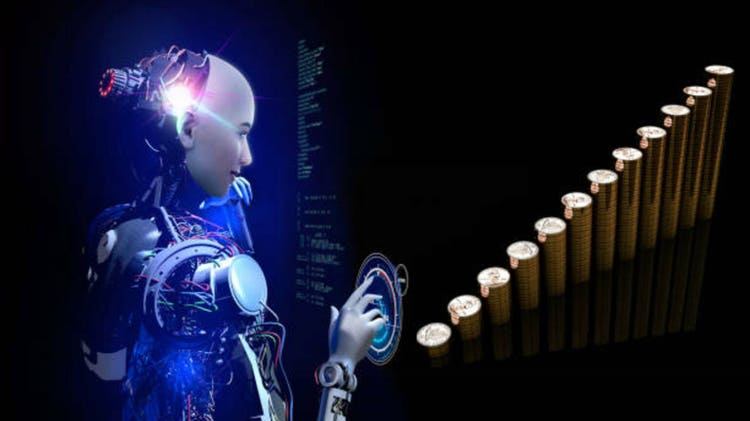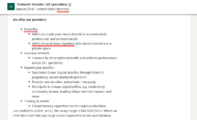The great unwashed American public is being subjected to yet another round of “Cream for me, crumbs for thee” in the form of a bailout of Silicon Valley Bank, Signature Bank, and the creation of a facility to shore up uninsured deposits at other wobbly institutions.
This tender concern for spillover effects in the economy comes a mere five days after Fed Chairman Jerome Powell told the Senate Banking Committee that the central bank was likely to change course at its next policy meeting on March 21 and 22 and go back to larger rate hikes, after moderating at its last meeting.
Elizabeth Warren called out that the Fed’s own forecasts showed that it was setting out to destroy jobs. From Fortune:
Sen. Elizabeth Warren, Democrat of Massachusetts, noted that Fed officials have projected that the unemployment rate will reach 4.6% by the end of this year, from 3.4% now. Historically, when the jobless rate has risen by at least 1 percentage point, a recession has followed, she noted.
“If you could speak directly to the 2 million hardworking people who have decent jobs today, who you’re planning to get fired over the next year, what would you say to them?” Warren asked.
But the prospect of oh so special, connected, and innovative Silicon Valley companies possibly going bust as a result of uninsured depositors was too unfair to let stand. By contrast, ordinary Americans losing their jobs is merely a statistic.
Mind you, the justification for the emergency measures was contagion risk and that was real. Personal contacts, as well as chatter on the Internet, indicated that plenty of individuals and businesses with more than $250,000 in deposits were planning on Monday to move some funds into another bank or withdraw deposits and buy safe securities. Both would stress and potentially create runs at other banks. The likely winners would be the biggest banks, such as JP Morgan and Citigroup.
As the Financial Times noted:
Anat Admati, a finance professor at Stanford University, said regulators over the past few years had allowed the banking system to become fragile again and had no choice but to bail out Silicon Valley Bank.
“When it gets to this point and you are in a hostage situation, there is nothing else you can do,” Admati said. “But there is no other word for this other than to call it a bailout.”
The officialdom is trying to pretend that these interventions do not amount to bailouts because they are wiping out shareholders and bondholders. Many experts and commentators do not find that argument convincing. For instance:
Shareholders and managers especially had a stellar run through privatized upsides all along the way. There’s a substantial amount of cold hard cash that these individuals have pocketed (which will stay in their pockets) because of this asymmetry. /3
— Peter Conti-Brown (@PeterContiBrown) March 13, 2023
Similarly, the new uninsured deposit program, banks get to pledge Treasuries and other high quality assets valued at par, meaning all mark to market losses in a rising interest rate environment go poof. This is effectively a “Get out of bad asset-liability management free” card.
Recall that we said when Silicon Valley Bank got wobbly that in the last bloody-minded Fed rate increases, under Paul Volcker, damage to the banking system force the Fed to drop its interest rate increases sooner than it had wanted to. Banks are structurally long bond/lending market risk. It is difficult for individual firms to create the yield curve version of a market-neutral profile, plus there is simply not enough hedging capacity for banks collectively to go net short (even if they had the intestinal fortitude to do so). Similarly, banks that normally can do a pretty good job of generating income on trading find it harder to do in a rising interest rate environment because its funding costs are going up. So unless a bank has a lot of fee-based businesses compared to its interest-income and trading operations, its income statement will have a sad when the Fed is tightening.
One of the effects of a program that gives banks a back door for getting out of losses resulting from interest rate increases. If the Fed and Treasury can manage to calm depositors’ rattled nerves, it will have created a mechanism that will spare banks from Fed induced damage, the better to crush ordinary workers.
Another effect is to incentivize banks to make stupid bets, or more charitably, Hail Mary passes. Some observers have argued that Silicon Valley Bank’s big purchase of long-dated bonds sure looks like a big wager on the Fed being about to end its tightening cycle. And remember bonds staged a big rally until economic data that the central bank deemed to be too good came out. Confirming that view, I have yet to hear a peep from anyone as to how banking regulators will tighten up supervision so as to prevent banks from getting the wrong ideas.
In other words, patching up the system without taking measures to curb risk-taking is a prescription for future crises. As the Bank of England’s Andrew Haldane warned in his 2010 speech, The $100 Billion Question:
One important dimension of the debate concerns the social costs of systemic risk….
Tail risk within some systems is determined by God – in economist-speak, it is exogenous.Natural disasters, like earthquakes and floods, are examples of such tail risk. Although exogenous, even these events have been shown to occur more frequently than a normal distribution would imply. God’s distribution has fat tails.
Tail risk within financial systems is not determined by God but by man; it is not exogenous but endogenous. This has important implications for regulatory control. Finance theory tells us that risk brings return. So there are natural incentives within the financial system to generate tail risk and to avoid regulatory control. In the run-up to this crisis, examples of such risk-hunting and regulatory arbitrage were legion. They included escalating leverage, increased trading portfolios and the design of tail-heavy financial instruments.
To keep this post focused on the current freakout, we’ll skip over Haldane’s recommendations.
Some cynics are skeptical as to how this crisis unfolded. Silicon Valley Bank was not put into resolution mode Thursday evening, when regulators knew the situation was dire, but intraday Friday, breaking procedures established after the 1974 failure of Herstatt Bank and predictably engulfing foreign entities. They also question why Silicon Valley did not rescue its own.
And some commentators with a lot of reach have been coming awfully close to calling “Fire” in a crowded theater. For instance:
From a source I trust: @SVB_Financial depositors will get ~50% on Mon/Tues and the balance based on realized value over the next 3-6 months. If this proves true, I expect there will be bank runs beginning Monday am at a large number of non-SIB banks. No company will take even a… https://t.co/2BoqtCDKJt
— Bill Ackman (@BillAckman) March 11, 2023
I got reports of companies and depositors deciding to take action Monday based on this tweet. I am sure Ackman is being truthful when he says he had no Silicon Valley Bank exposures, but the lobbying from tech industry and finance figures for a rescue was awfully fast in coming, and we did’t even get a pretense of concessions to the peanut gallery like “Gee, it would be more surgical to just guarantee payrolls, but operationally the Fed can only work through banks and doing anything via the Treasury would take way too long” or “Gee, maybe it’s time to have a simple, boring Post Office Bank and have it help small businesses by letting them have guaranteed deposits of up to $2 million”.
There’s also been some insinuations that being critical of the Silicon Valley Bank rescue is attacking promising companies who just had the misfortune to have Silicon Valley Bank as their depositary. It’s not often enough discussed that the VC funders required that:
Normal banks see the risk is such insanity and didn’t want to do this. They didn’t have 80% market share in the valley because they were great. They had a model nobody else would do
Blame the greedy valley. And these founders in mansions with wealth that’s completely illiquid.
— David. Seriously, Deflation? (@David32375134) March 11, 2023
It’s also not considered polite to point out that the activities of the Palo Alto ecosystem are in aggregate extractive. Start with the venture capital funds themselves. We’ve pointed out that private equity has not beaten the S&P 500 since 2006. The underperformance of VC is longer-standing, since the dot-com glory returns rolled off. And the positive side of that ledger came from a tiny number of companies delivering moonshot returns.
In a similar vein:
Larger tragedy of the SBV is that USA (and larger world) had a decade plus of low interest rates that could have financed a lot of necessary climate & health investment. Instead the policy allowed it to be fuel for tech bozos & their various dumb schemes (crypto, SBV)
— Jeet Heer (@HeerJeet) March 12, 2023
And Elair and her husband expressed a sentiment that more and more Americans are coming to share obout our tech overlords:
They literally make (and remake) the laws, whining about getting the government off their backs so free enterprise can, well, be free to innovate and break things. Then, scream for the government to come to their rescue when they have screwed things up.
A former California official told me on Sunday that the tech titans are sure to reward their Democratic party rescuers with lavish campaign contributions: “Follow the money.” Remember that Biden has proposed a wealth tax. It was never going to go anywhere. But it’s a no-brainer that the top wealthy will make a huge stink about it despite the salvage operation that benefits a lot of people in their circles.
Not to be too hopeful, but there may be some upside despite the apparent elite lock on the handling of this rescue: Regime change!
SVB bondholders aren’t being bailed out, while Anglo-Irish were. Apart from that, optics are roughly similar given the average SVB client (rich techie) & average Anglo-Irish client (rich property developer).
Relatedly here’s how the ruling party did in the subsequent elections. https://t.co/aPtVEcyZmP pic.twitter.com/0i5iFEgA0G— Philip Pilkington (@philippilk) March 13, 2023
I shudder to think what additional goodies will be supplied if Mr. Market does not get off his fainting couch.







































